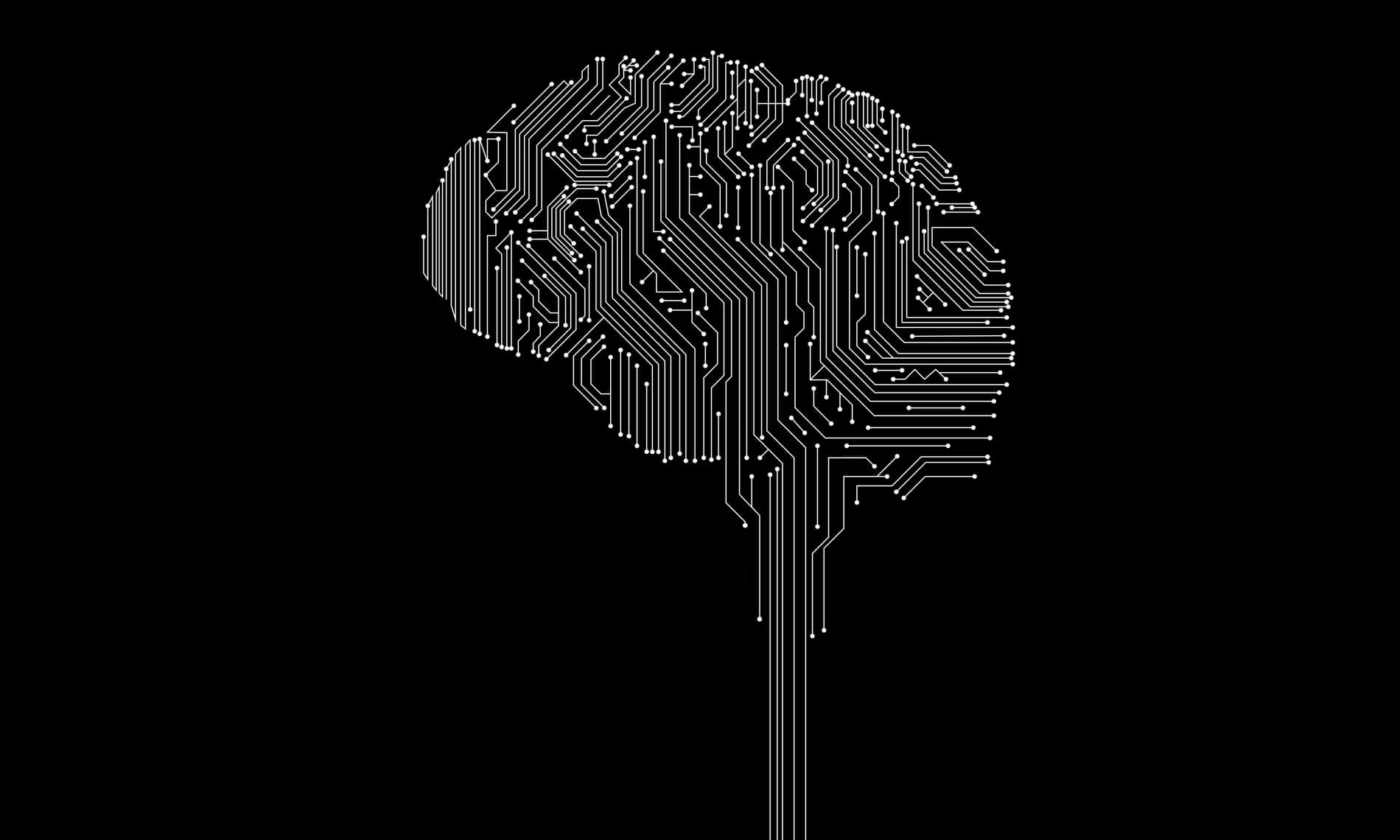Every day, we hear about new discoveries that shed light on how brains work, along with the promise – or threat – of new technology that will enable us to do such far-fetched things as read minds, or detect criminals, or even be uploaded into a computer. Books are repeatedly produced that each claim to explain the brain in different ways.
And yet there is a growing conviction among some neuroscientists that our future path is not clear. It is hard to see where we should be going, apart from simply collecting more data or counting on the latest exciting experimental approach. As the German neuroscientist Olaf Sporns has put it: “Neuroscience still largely lacks organising principles or a theoretical framework for converting brain data into fundamental knowledge and understanding.” Despite the vast number of facts being accumulated, our understanding of the brain appears to be approaching an impasse.
In 2017, the French neuroscientist Yves Frégnac focused on the current fashion of collecting massive amounts of data in expensive, large-scale projects and argued that the tsunami of data they are producing is leading to major bottlenecks in progress, partly because, as he put it pithily, “big data is not knowledge”.
“Only 20 to 30 years ago, neuroanatomical and neurophysiological information was relatively scarce, while understanding mind-related processes seemed within reach,” Frégnac wrote. “Nowadays, we are drowning in a flood of information. Paradoxically, all sense of global understanding is in acute danger of getting washed away. Each overcoming of technological barriers opens a Pandora’s box by revealing hidden variables, mechanisms and nonlinearities, adding new levels of complexity.”
The neuroscientists Anne Churchland and Larry Abbott have also emphasised our difficulties in interpreting the massive amount of data that is being produced by laboratories all over the world: “Obtaining deep understanding from this onslaught will require, in addition to the skilful and creative application of experimental technologies, substantial advances in data analysis methods and intense application of theoretic concepts and models.”
There are indeed theoretical approaches to brain function, including to the most mysterious thing the human brain can do – produce consciousness. But none of these frameworks are widely accepted, for none has yet passed the decisive test of experimental investigation. It is possible that repeated calls for more theory may be a pious hope. It can be argued that there is no possible single theory of brain function, not even in a worm, because a brain is not a single thing. (Scientists even find it difficult to come up with a precise definition of what a brain is.)
CONNECT












































































































































































No comments:
Post a Comment